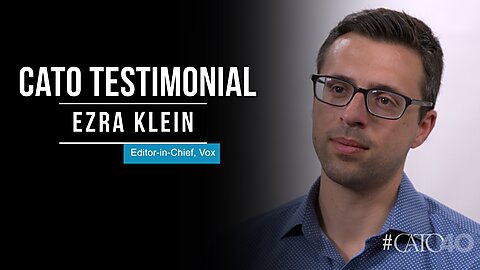Jeffrey A. Singer
The German edition of Medscape Medical News reported on July 19 that Europe is beginning to experience a surge in black-market synthetic opioids. Professor Heino Stöver of the Institute for Addiction Research in Frankfurt am Main, Germany, told Medscape Medical News reporter Ute Eppinger that fentanyl might “flood the German market as early as next year.”
This is due to the Taliban crackdown on opium cultivation in Afghanistan, a major opium source. Morphine and codeine are natural derivatives of the opium poppy, and drug trafficking organizations use acetic anhydride to convert morphine into diacetylmorphine (diamorphine), better known as heroin. Nonmedical users in Europe commonly smoke or inject heroin. Stöver estimates that 170,000 people in Germany use heroin. He told Eppinger the opium poppy supply from Afghanistan has dropped by 95 percent and, therefore, “we expect synthetic opioids to increasingly enter the German market from next year.”
Mexican-based drug trafficking organizations began adding the synthetic opioid fentanyl to heroin in 2012 to increase its potency, thus making it easier to smuggle in smaller sizes and subdivide into more units to sell (see “The Iron Law of Prohibition”). By 2017, more than 50 percent of all opioid-related overdose deaths in the United States contained fentanyl.
However, the border closures and supply chain problems that resulted from COVID-19 pandemic policies made it increasingly difficult to transport opium and process it into heroin. The drug trafficking organizations switched to almost exclusively producing and smuggling fentanyl, which they can easily make in underground labs with readily available ingredients. With the pandemic over, the drug trafficking organizations stuck with what works. Today, fentanyl well surpasses heroin and leaves diverted prescription pain pills in the dust as the primary cause of opioid-related overdoses in the US and Canada.
But synthetics like fentanyl have not been as prevalent in the European black market because drug trafficking organizations based in the Balkans have, until recently, been able to supply users with heroin easily. A German AIDS help group has already detected fentanyl mixed in with heroin samples it has tested—reminiscent of what happened in the US in 2012. The German Federal Criminal Police Office reported that this led to a 12 percent increase in opioid-related overdose deaths from 2022 to 2023.
Also, another class of synthetic opioids more potent than fentanyl, nitazenes, has entered the black market. I wrote about nitazenes here and here. There were 54 nitazene-related overdoses reported over four days in Dublin, Ireland, last year, and 30 nitazene overdose deaths last summer in Birmingham, England.
The appearance of synthetics in Europe is a direct result of the crackdown on opium production. The harder the enforcement, the harder the drug.
Europeans are preparing for the coming synthetic tsunami. Europeans have long embraced harm reduction strategies to reduce deaths and the spread of disease among people who access drugs on the black market. The European Union’s Justice Programme created the “SO-PREP” (synthetic opioid preparation) project to help member countries prepare for the expected fentanyl surge. The SO-PREP document recommends seven key strategies: “Early warning systems, Internet monitoring, e‑health solutions, drug checking, supervised drug consumption rooms [called overdose prevention centers in the US], naloxone distribution, and opioid agonist therapy [methadone, buprenorphine].”
Unfortunately, policymakers in the US have been generally reluctant to adopt harm reduction approaches. While New York City, Rhode Island, Minnesota, and Vermont have defied federal law by authorizing overdose prevention centers, this proven strategy has yet to gain acceptance by lawmakers and policymakers in most of the country. Many states still have drug paraphernalia laws that ban harm reduction organizations from distributing fentanyl test strips and other devices to people who use drugs. And although the Centers for Disease Control and Prevention, the National Institute on Drug Abuse, the American Public Health Association, the Surgeon General, and the National Academy of Science, Engineering, and Medicine recommend that states permit harm reduction organizations to operate syringe services programs (SSPs), formerly known as “needle exchange” programs, several states, for example, Idaho, are turning back the clock and repealing recently passed laws that authorize them.
Because Europeans embrace harm reduction, its coming synthetic opioid surge is unlikely to cause as many per capita overdose deaths as it is causing in the US. But until drug prohibition ends, all countries should expect newer and more potent synthetic drug waves in the future.
























